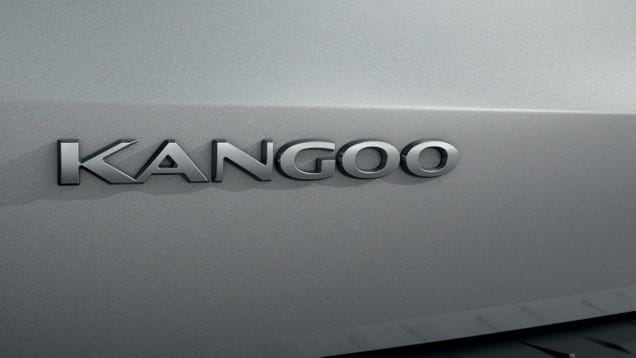The Evolution of Cargo Vans: A Look at Names and Their Impact on the Market
Cargo vans play a crucial role in the transportation and logistics sectors, serving as the backbone for countless businesses across the United States. With their robust design and functional capabilities, these vehicles are often associated with serious, utilitarian names that reflect their purpose. However, a fascinating contrast emerges when we examine the naming conventions of cargo vans in Europe, where a lighter, more whimsical approach prevails. This article explores the implications of these naming strategies, their influence on consumer perception, and the broader market trends shaping the cargo van industry.
Understanding the Significance of Cargo Van Names
In the U.S., cargo vans are often branded with names that evoke strength and reliability. Models like the Chevy Express, Ford Econoline, and Ram ProMaster are designed to instill confidence in potential buyers, particularly those in commercial sectors. The naming conventions serve a dual purpose: they not only convey the vehicle’s capabilities but also align with the expectations of businesses that prioritize functionality and durability.
Recent studies indicate that brand names significantly influence consumer purchasing decisions. According to a 2022 survey by the American Marketing Association, 67% of consumers stated that a product’s name affects their perception of its quality. This statistic underscores the importance of thoughtful branding in the competitive cargo van market, where businesses are looking for vehicles that can withstand rigorous daily use.
The European Approach: A Playful Twist on Functionality
In stark contrast, European automakers have adopted a more playful approach to naming their cargo vans. Models often feature names that are quirky or endearing, such as the Citroën Berlingo or the Volkswagen Caddy. This lighter naming strategy reflects a cultural difference in how vehicles are perceived and marketed. In Europe, where urbanization and environmental concerns are more pronounced, the focus is not solely on utility but also on the vehicle’s personality and its ability to fit into a modern lifestyle.
This approach has proven effective in attracting a diverse customer base. A 2023 report from the European Automobile Manufacturers Association highlighted that sales of compact and mid-sized vans have surged, with quirky names contributing to their appeal among small business owners and urban dwellers. The playful names resonate with consumers looking for vehicles that are not only functional but also reflect their values and lifestyle choices.
Consumer Preferences: The Balance Between Functionality and Personality
As the cargo van market evolves, consumer preferences are shifting. While functionality remains paramount, there is a growing demand for vehicles that offer a blend of practicality and personality. Businesses are increasingly seeking vans that can serve multiple purposes, from transporting goods to serving as mobile workspaces. This trend is evident in the rise of customizable cargo vans that allow owners to tailor their vehicles to their specific needs.
For instance, the Ford Transit has gained popularity not just for its cargo capacity but also for its versatility. Owners can convert these vans into mobile offices or recreational vehicles, appealing to a broader audience. The name “Transit” itself suggests movement and adaptability, aligning with the desires of modern consumers who value flexibility.
Case Studies: Successful Branding in the Cargo Van Market
Several case studies illustrate the impact of naming and branding in the cargo van sector. The Mercedes-Benz Sprinter, for example, has successfully positioned itself as a premium option in the market. Its name evokes a sense of speed and efficiency, appealing to businesses that prioritize performance. This strategic branding has helped Mercedes capture a significant share of the market, particularly among companies looking for high-end solutions.
Conversely, the Nissan NV series has struggled to gain traction despite its solid performance. Analysts suggest that its more utilitarian name lacks the charisma that resonates with modern consumers. This highlights the importance of not only having a reliable product but also effectively communicating its value through branding.
Navigating the Future of Cargo Vans
As the cargo van market continues to evolve, manufacturers must adapt to changing consumer preferences and market dynamics. The rise of electric vehicles (EVs) presents both challenges and opportunities. With companies like Ford and Ram announcing plans for electric cargo vans, the naming strategy will likely play a crucial role in consumer acceptance of these new models. Names that convey innovation and sustainability will be essential in attracting environmentally conscious buyers.
Furthermore, as urbanization increases, the demand for compact and efficient cargo vans will grow. Manufacturers that can successfully blend functionality with appealing branding will likely thrive in this competitive landscape. The future of cargo vans will not only be defined by their capabilities but also by how well they resonate with the values and lifestyles of their users.
In summary, the naming conventions of cargo vans reveal much about the market’s dynamics and consumer preferences. While U.S. manufacturers lean towards serious, functional names, European brands embrace a more playful approach that resonates with a broader audience. As the industry evolves, the balance between functionality and personality will be key to capturing the hearts and minds of consumers.

